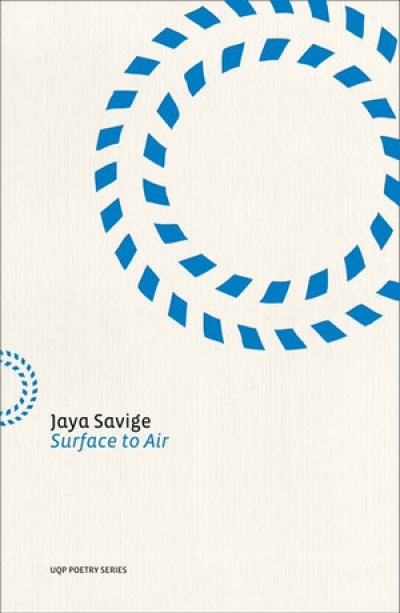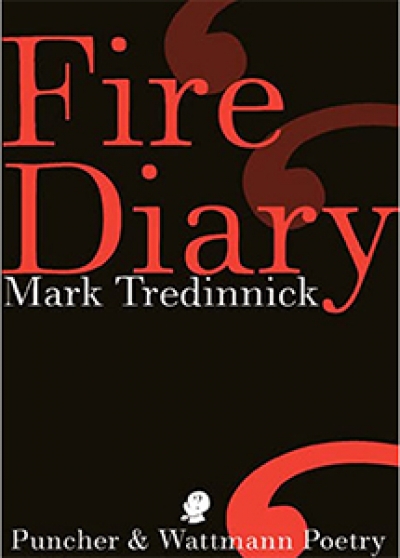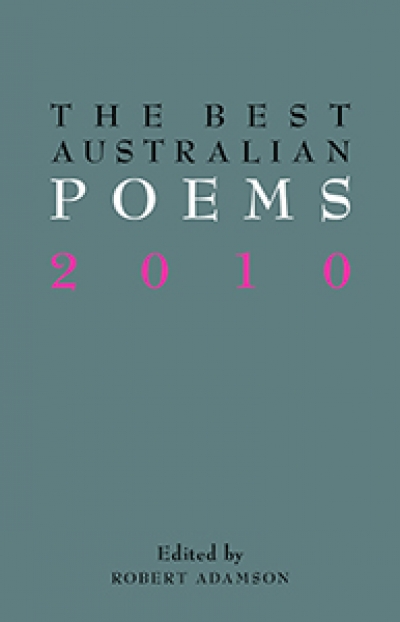Australian Poetry
Sign up to Book of the Week and receive a new review to your inbox every Monday. Always free to read.
Recent:
Activist Poetics: Anarchy in the Avon Valley by John Kinsella, edited by Niall Lucy
by David McCooey •
'Hautes Fenêtres: Thoughts on the place of translation in recent Australian poetry' by Simon West
by Simon West •
In a 1995 interview for the Paris Review, Ted Hughes was asked if the 1960s boom in translated poetry, particularly with series such as the Penguin Modern European Poets, had influenced poetry written in England. ‘Has it modified the British tradition!’ he replied. ‘Everything is now completely open, every approach, with infinite possibilities. Obviou ...
Lines for Birds: Poems and Paintings by Barry Hill and John Wolseley
by Chris Wallace-Crabbe •
Seasons of doubt & burning: New and selected poems by Robyn Rowland
by Maria Takolander •










